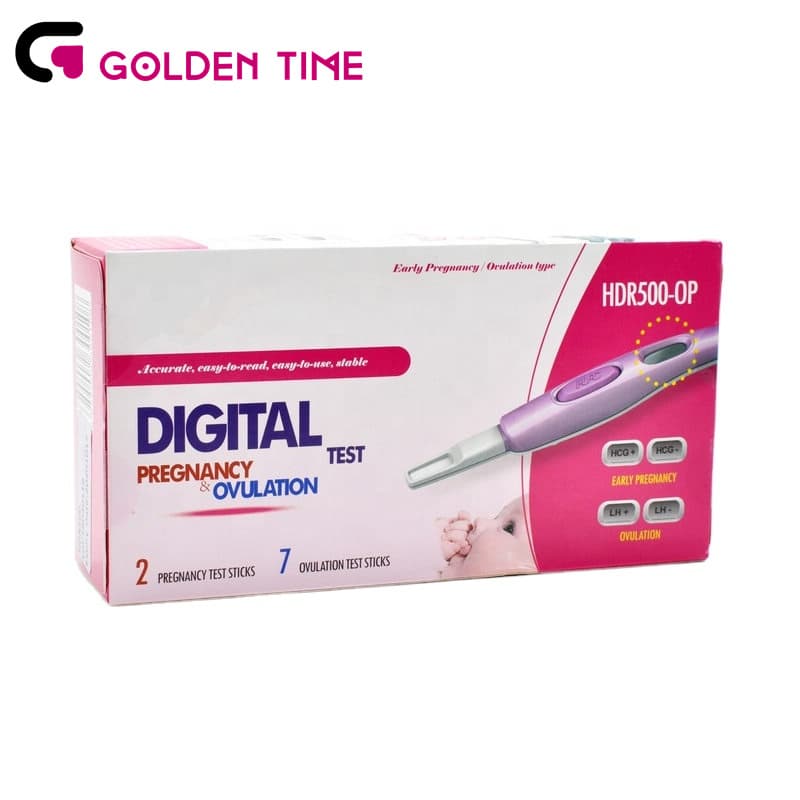Jan . 09, 2025 13:43 Back to list
covid-19 (sars-cov-2) antigen diagnostic test kit
Navigating through the intricacies of choosing the right test for COVID-19 can seem overwhelming, yet it's crucial in the fight against the ongoing pandemic. Understanding the different options available and their unique attributes can empower individuals and communities to make informed decisions that safeguard public health effectively.
Moreover, FDA approval or Emergency Use Authorization (EUA) should be a critical checkpoint in assessing the trustworthiness and credibility of test kits. Products that undergo rigorous evaluation processes provide a level of assurance in their efficacy and safety. It's also advisable to stay updated with the latest information from health authorities, as testing guidelines and recommended practices continue to evolve alongside new variants and emerging data. It's equally important to integrate testing within a broader COVID-19 mitigation strategy. Testing alone doesn't suffice, but when combined with vaccination efforts, mask-wearing, and social distancing, it becomes a powerful component in reducing transmission. Regular testing can help in quickly identifying and isolating positive cases, thereby preventing further spread. Recent advancements in COVID-19 testing technologies have shown promising trends in improving speed and user accessibility without sacrificing accuracy. Innovations such as breath tests or saliva-based tests aim to provide non-invasive, rapid alternatives, making regular testing even more accessible to a broader audience. Choosing the right COVID-19 test can make a significant difference in individual safety and community health. By comprehending the nuances of available testing options and considering personal needs and situational demands, it is possible to optimize the use of testing as a proactive measure in combating this virus. Always consult with healthcare professionals whenever uncertainty arises, ensuring that chosen methods align with the latest scientific guidance and public health recommendations.


Moreover, FDA approval or Emergency Use Authorization (EUA) should be a critical checkpoint in assessing the trustworthiness and credibility of test kits. Products that undergo rigorous evaluation processes provide a level of assurance in their efficacy and safety. It's also advisable to stay updated with the latest information from health authorities, as testing guidelines and recommended practices continue to evolve alongside new variants and emerging data. It's equally important to integrate testing within a broader COVID-19 mitigation strategy. Testing alone doesn't suffice, but when combined with vaccination efforts, mask-wearing, and social distancing, it becomes a powerful component in reducing transmission. Regular testing can help in quickly identifying and isolating positive cases, thereby preventing further spread. Recent advancements in COVID-19 testing technologies have shown promising trends in improving speed and user accessibility without sacrificing accuracy. Innovations such as breath tests or saliva-based tests aim to provide non-invasive, rapid alternatives, making regular testing even more accessible to a broader audience. Choosing the right COVID-19 test can make a significant difference in individual safety and community health. By comprehending the nuances of available testing options and considering personal needs and situational demands, it is possible to optimize the use of testing as a proactive measure in combating this virus. Always consult with healthcare professionals whenever uncertainty arises, ensuring that chosen methods align with the latest scientific guidance and public health recommendations.
Latest news
-
Malaria Pf Ag Rapid Test Kit - Quick & Accurate Detection
NewsAug.11,2025
-
Accurate Cardiac Marker CK-MB Rapid Test for Quick Results
NewsAug.10,2025
-
Premium Empty ABS Plastic Cassette for Test Strips
NewsAug.09,2025
-
Sterile Urine Cup: Accurate Specimen Collection for Labs & Home
NewsAug.08,2025
-
Malaria Pf/Pan Ag Rapid Test Kit for Fast, Accurate Diagnosis
NewsAug.07,2025
-
Rapid Canine Corona Test: Fast & Accurate Results
NewsAug.06,2025

